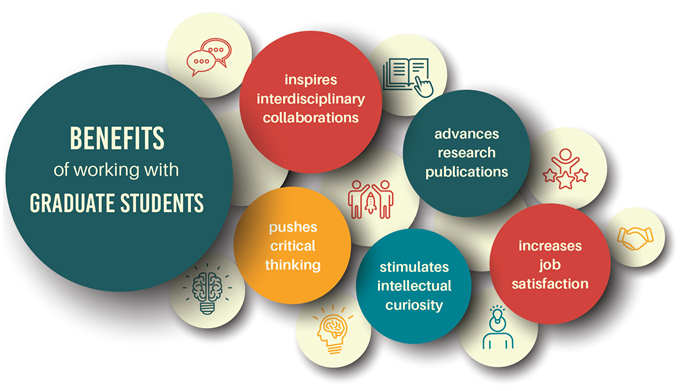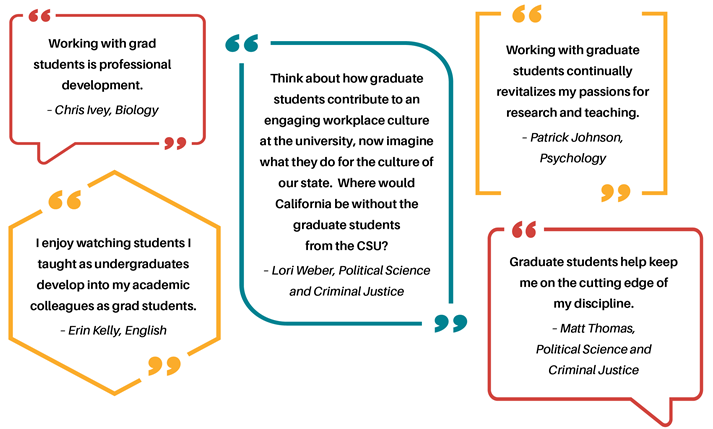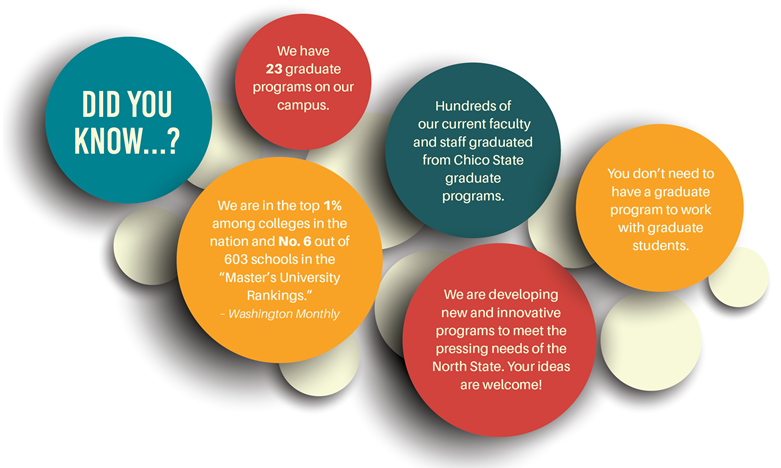Meriam Library(opens in new window)
Faculty Affairs and Success (FAAF)(opens in new window)
Accessible Technology Services (TEIN)(opens in new window)
Sent on behalf of Katie Oesau, lecturer in the Marketing Department and READI equity fellow.
Dear Faculty,
This Tuesday, I’d like to invite you to act. As we work towards a more inclusive and equitable campus, most of us understand these terms and how they show up in our spaces on campus. But ask yourself, when was the last time you acted? Awareness alone cannot dismantle systems of oppression.
The term “Ally” is something familiar to us all. But how do you consider this term in your work? Is it a Noun (something you are) or an Action (something you do)?
Dr. Makini King (she/her/hers), Director of Diversity and Inclusion Initiatives at the University of Missouri - Kansas City, believes that Ally is Not a Noun(opens in new window). In her work, she states “Allyship is one of the first action-oriented tools one learns in social justice and bias trainings. Awareness of injustices; racism, sexism, homophobia, classism, and ableism (to name a few) is of course, the first step toward advocacy, but awareness alone is not enough to dismantle systems of oppression. To be an Ally requires that a person not simply notice an injustice, but also take action by bringing attention to the injustice and requesting that it be corrected.”
I invite you to read her short article(opens in new window), and consider the thought experiment contained within:
“As you move throughout your day; sit in a classroom, a department meeting, a social space… I want you to think about the inequality that might exist in that space…
Consider who is represented in that space and who is not and then ask why. Then ask yourself how you might ACT as an Ally in order to support those people who may not be represented, or who may not have a voice in order to actively make the space more equitable.”
So, are you ready to take action?
Have an idea for an action, a project or a change you’d like to make involving equity, but aren’t sure where to start? READI can help!
READI is a hub for the study of Equity, Diversity & Inclusion (EDI) and antiracist practices from the perspective of faculty instruction and research. READI engages in the production of new and innovative scholarship on EDI and serves as a hub for pairing faculty needs with resources on EDI and antiracism. Our role is to work with faculty on all their equity related needs. This includes faculty mentorship, grants, campus collaborations, research, pedagogy and more. Contact us today(opens in new window)!
If you’d like to comment on this or any other Tuesday Tip, visit the FDEV Blog(opens in new window).
All past Tuesday Tips are curated on the FDEV website.
Sent on behalf of the Office of Graduate Studies. View a text version(opens in new window) of the information below.
Join This Vibrant Community of Teachers/Scholars —> Open to ALL faculty
Do you want to be part of a dynamic and growing group of Chico State faculty who are doing amazing work with graduate students?
We invite you to join the Office of Graduate Studies and the more than 220 faculty from across campus, who are actively working with and supporting graduate students in doing incredible things every day. The best part is, you don't need to have a graduate program to participate- just enthusiasm and passion for your field and working with students.
The benefits of working with grad students are way too many for us to list, but here are a few key ones....



If you’d like to comment on this or any other Tuesday Tip, visit the FDEV Blog(opens in new window).
All past Tuesday Tips are curated on the FDEV website.
Sent on behalf of Aubrey Newland, Associate Professor of Sport & Exercise Psychology.
Self-care…sigh. Is that really a thing for professors? Yes! One way of making sure we have our own backs is to make time for regular physical activity in our lives. The CDC recommends 150 minutes of moderate-intensity physical activity and 2 days of muscle strengthening per week(opens in new window), but the majority of people across the United States struggle to meet these guidelines.
Why is it important?
Regular physical activity (PA) has more benefits than just the obvious physical ones. For example, did you know that physical activity improves mood, cognition, and confidence? The connection between physical activity and general well-being is well-studied. There are massive amounts of evidence extolling the benefits of exercise! We have physiological and psychological evidence that it is good for us. So why aren’t most of us meeting the daily guidelines for PA?
Tips for Overcoming Barriers
For many people, it boils down to a lack of time and motivation. Based on research in the field of exercise psychology, here are a few practical tips for increasing motivation:
Practical
How do I fit PA into my schedule?
Keep an eye out in the first month of each semester for announcements about enrolling in PA counseling sessions that target motivational issues. Students in the Kinesiology Department offer this service as part of an upper-division course for staff, faculty, and community members. Contact Aubrey Newland(opens in new window) for more information or to reserve your spot for next semester!
If you’d like to comment on this or any other Tuesday Tip, visit the FDEV Blog(opens in new window).
All past Tuesday Tips are curated on the FDEV website.